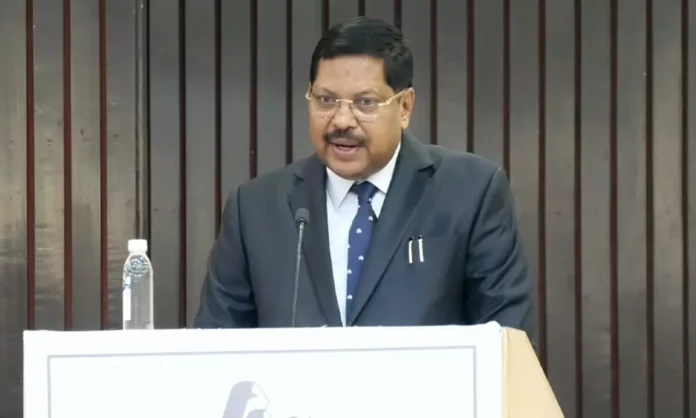Chief Justice of India (CJI) B.R. Gavai recently described the 1979 Supreme Court judgment in a rape case as a “moment of institutional embarrassment.” He acknowledged that in this particular case, the Court had failed the citizens. CJI Gavai credited the vigilance and courage of the people and activist groups for holding the Court accountable over the years.
The Controversial 1979 Judgment
As reported by The Times of India, CJI Gavai made these remarks during his address at the 30th Sunanda Bhandare Memorial Lecture, where he spoke on the development of law in building gender equality and an inclusive India.
The 1979 case involved the alleged custodial rape of a tribal girl by two police officers inside a police station. The Supreme Court acquitted the two policemen, concluding that the sexual relationship was consensual.
The Court’s reasoning was based on the fact that no injuries were found on the girl’s body, which, in the Court’s view, proved that there was no force used or any physical resistance offered by her.
A Turning Point for India
CJI Gavai stated:
“In my opinion, this judgment is the most troubling moment in India’s institutional and judicial history, where the judicial system failed to protect the dignity of the very person it was intended to protect. This decision was also a turning point for the country, which ignited a nationwide movement by groups of citizens and women’s organizations for the rights of the modern Indian woman.”
CJI Gavai noted that the judgment exposed the deficiencies in the Criminal Law and catalyzed the need for amendments. He said the verdict led to the redefinition of the concept of consent and strengthened legal protections against custodial rape.
He concluded by saying that many revolutionary laws were subsequently introduced for gender justice. While acknowledging the 1979 decision as an outlier, he highlighted that the Court has otherwise contributed significantly to gender equality through various rulings. These changes, he noted, have eliminated structural inequalities inherent in family and customs, moving women from the margins of dependency to the center of constitutional citizenship.

